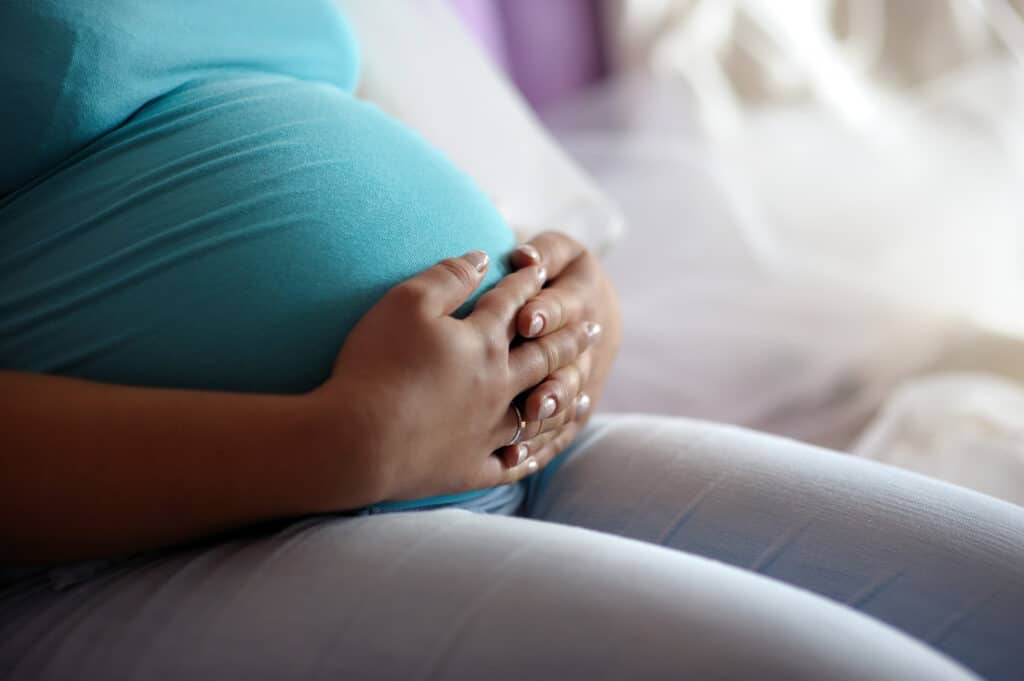The journey of giving birth is transformative, but it can bring a range of physical and mental challenges. From bodily changes to emotional adjustments, the postpartum period is a time of recovery and adaptation. Taking steps to care for yourself during this time can help you rebuild strength, restore confidence, and support mental well-being. Here’s a guide to understanding the impact of giving birth and how to prioritize your recovery.
Physical Impact of Giving Birth
The physical demands of pregnancy and childbirth can bring many changes, and recovery often takes time. After giving birth, common physical experiences include:
- Fatigue and low energy levels: Your body needs to adjust to postpartum life and the demands of caring for a newborn.
- Changes in body shape and weight: You may experience weight gain or redistribution of weight in new areas.
- Stretch marks and changes in skin elasticity: These are common on the abdomen, thighs, and chest.
- Abdominal muscle separation (diastasis recti): This is a separation of the abdominal muscles that can lead to a “baby belly.”
- Hormonal fluctuations: These can impact your energy levels, sleep patterns, and mood.
These physical changes are natural, and there are ways to support your body’s recovery and restore your strength.
Steps to Help Physical Recovery
- Start Gentle Exercise Once Cleared by Your Doctor
Physical movement can help you rebuild strength and boost energy levels. Begin with gentle exercises like walking, stretching, and light core work. If you’re dealing with diastasis recti, seek guidance from a physical therapist who specializes in postpartum recovery to safely strengthen your core. Gradually incorporating strength-building exercises can help you regain muscle tone and stamina.
- Focus on Nutrition and Hydration
Eating well is essential for your postpartum recovery, which is why having a few ready-to-go meals in the freezer can be helpful. Ask friends or family to help batch cook some healthy meals that only require you to reheat them once the baby is here to help you stay on track. Staying hydrated is equally important, even more so if you’re breastfeeding, as it can help you maintain energy levels and promote overall well-being.
- Prioritize Rest and Sleep
Although rest is often a challenge with a newborn, it’s essential for recovery. Take advantage of any opportunity to rest, whether it’s during your baby’s nap or by asking for help from family members. Quality rest supports physical healing and helps stabilize your mood, making it easier to handle the demands of early parenthood.
- Consider Liposuction for Stubborn Weight Gain
While diet and exercise are key to overall health, some stubborn postpartum weight gain areas may not respond to these efforts alone. Many mothers consider options like liposuction to address areas that may be resistant to natural weight loss. For moms who feel this is affecting their confidence and comfort, liposuction can be a solution for achieving a more balanced, contoured appearance. For a mommy makeover surgery, consult with a plastic surgeon to discuss your goals, expectations, and the best timing for the procedure to ensure optimal results and safety.
Mental and Emotional Impact of Giving Birth
The postpartum period can also bring significant emotional shifts. Many mothers experience the “baby blues,” a brief period of mood swings, irritability, and sadness due to hormonal changes. For others, the emotional impact can be more intense, leading to conditions like postpartum depression or anxiety.
Common mental and emotional effects include:
- Feeling overwhelmed by the demands of caring for a newborn.
- Anxiety around meeting your baby’s needs or adjusting to your new role as a parent.
- Mood swings due to hormonal changes, lack of sleep, and physical recovery.
- Loss of identity as you adapt to the new responsibilities and changes that come with motherhood.
While these feelings are common, they don’t have to be faced alone. You can take steps to care for your mental well-being and support emotional resilience.
Steps to Support Mental and Emotional Recovery
- Reach Out for Support
Talking openly about your feelings can be incredibly healing. Reach out to family members, friends, or a support group of other moms who understand the unique challenges of new motherhood. These conversations can help reduce feelings of isolation and remind you that you’re not alone in this experience.
- Seek Professional Help if Needed
Postpartum depression and anxiety are real and treatable conditions. If you’re experiencing persistent feelings of sadness, worry, or hopelessness, consider speaking with a therapist specializing in postpartum mental health.
- Practice Self-Compassion
New motherhood can bring high expectations, both from yourself and from societal pressures. Practice self-compassion by acknowledging the incredible job you’re doing and letting go of the need for perfection.
- Carve Out Time for Yourself
Dedicating time to yourself can make a difference, even if it’s just a few minutes a day. Try activities like journaling, reading, or taking a short walk to give yourself a mental and emotional reset. These small acts of self-care can help you feel more connected to yourself and support your emotional well-being.
The postpartum journey can bring a range of physical and mental challenges, but with patience, support, and self-care, recovery is possible.





